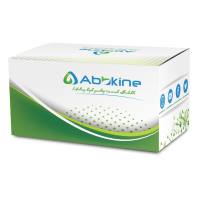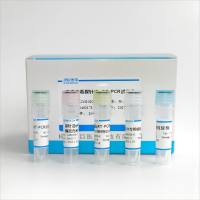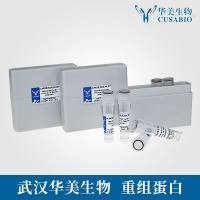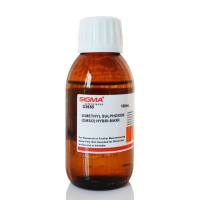Detection of Noroviruses of Genogroups I and II in Drinking Water by Real-Time One-Step RT-PCR
互联网
583
Noroviruses (NVs) are a genus belonging to the virus family Caliciviridae and are transmitted by the fecal-oral and the aerosol routes. NVs are the most common cause of nonbacterial gastroenteritis, accounting for two-thirds of all illnesses caused by known food-borne pathogens and for more than 90% of nonbacterial gastroenteritis in the United States. Whether viral outbreaks are initiated by infected food handlers or by contaminated food such as seafood, fruit, or vegetables, the main source of most norovirus outbreaks is water—by either direct or indirect ingestion. Therefore, either drinking or bottled water (as food) or water in relation with fishery or food processing (irrigation) must be regularly controlled for the presence of viral contaminants. A simple method for the isolation and detection of noroviruses in water is described, where both norovirus genogroups (NV gg I and NV gg II) are detected separately. The isolation of the viruses is performed by filtration of a 1-L water sample through a positively charged membrane, where the negatively charged noroviruses (protein envelopes or capsids) adsorb. Extraction of viral RNA is performed directly on the same membrane. Detection of noroviruses is made by amplifying a defined viral genome-region by using a real-time one-step reverse transcription polymerase chain reaction (RT-PCR). Two detection formats, SYBR Green-based and probe-based, are described. Noroviruses of genogroups I and II are detected separately.









